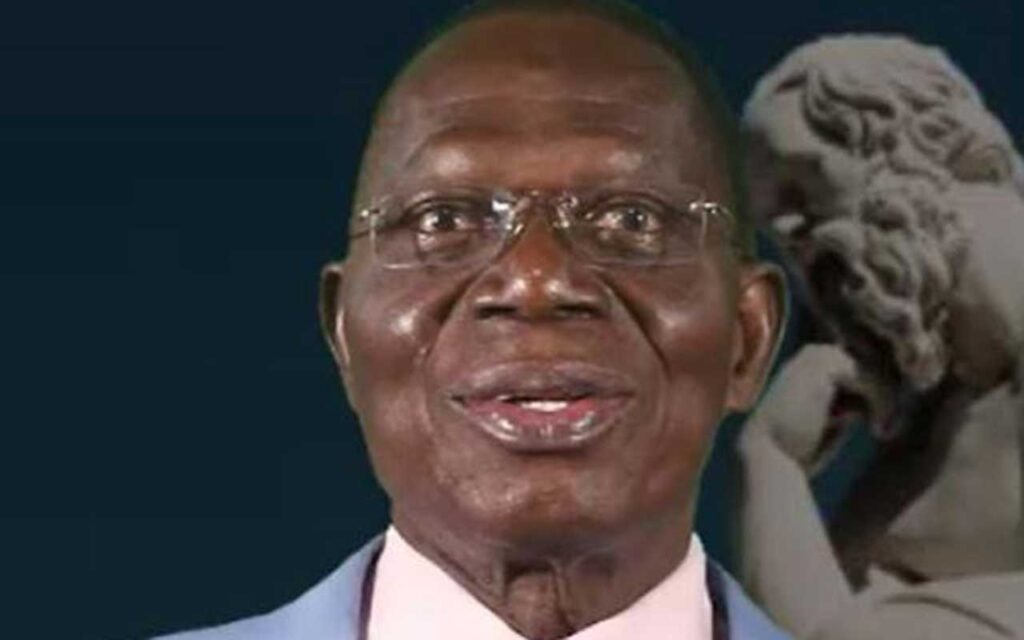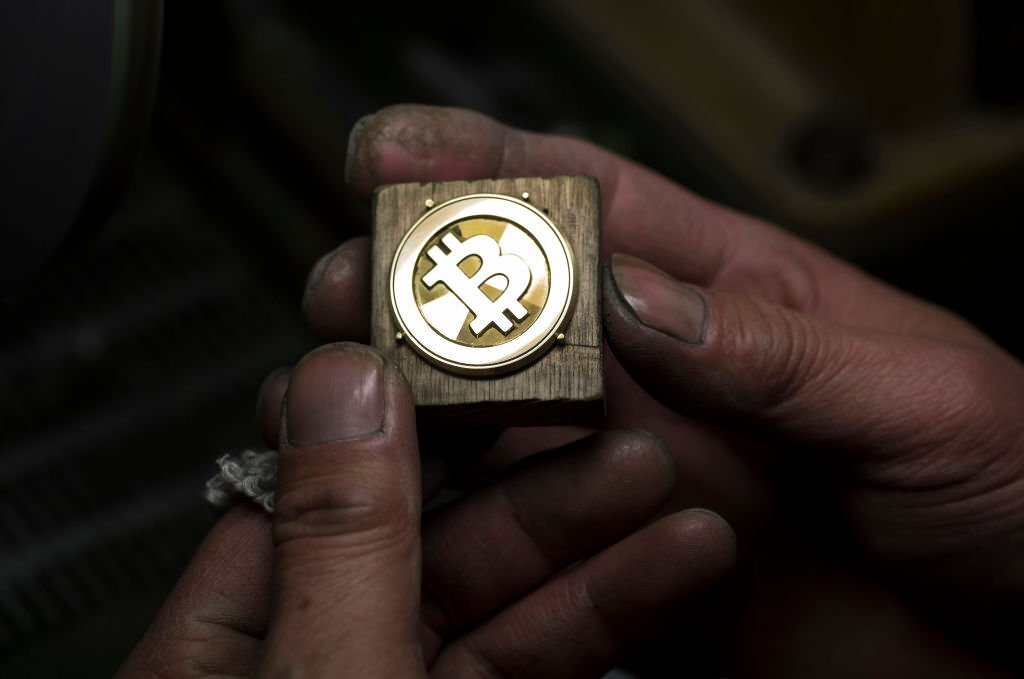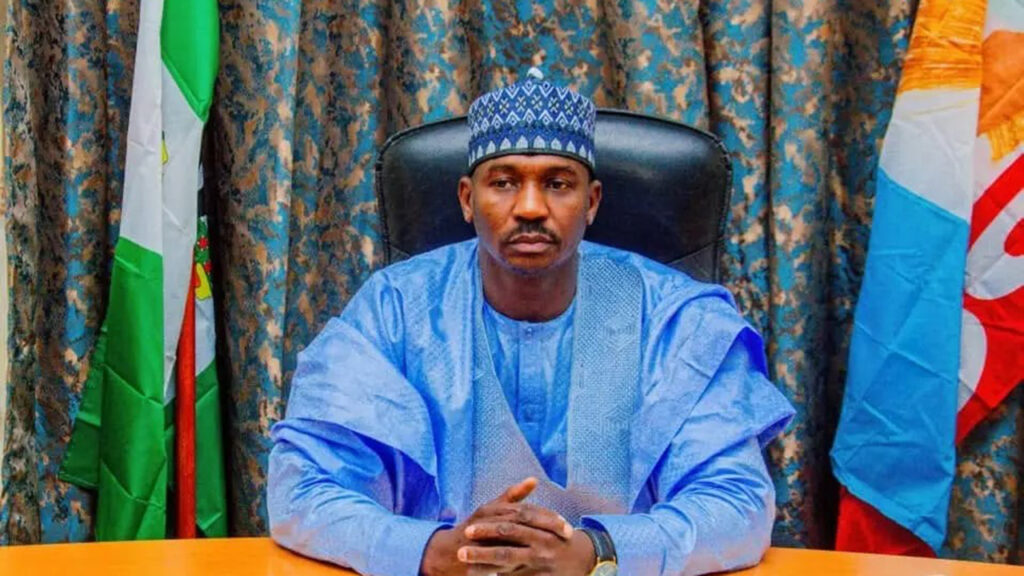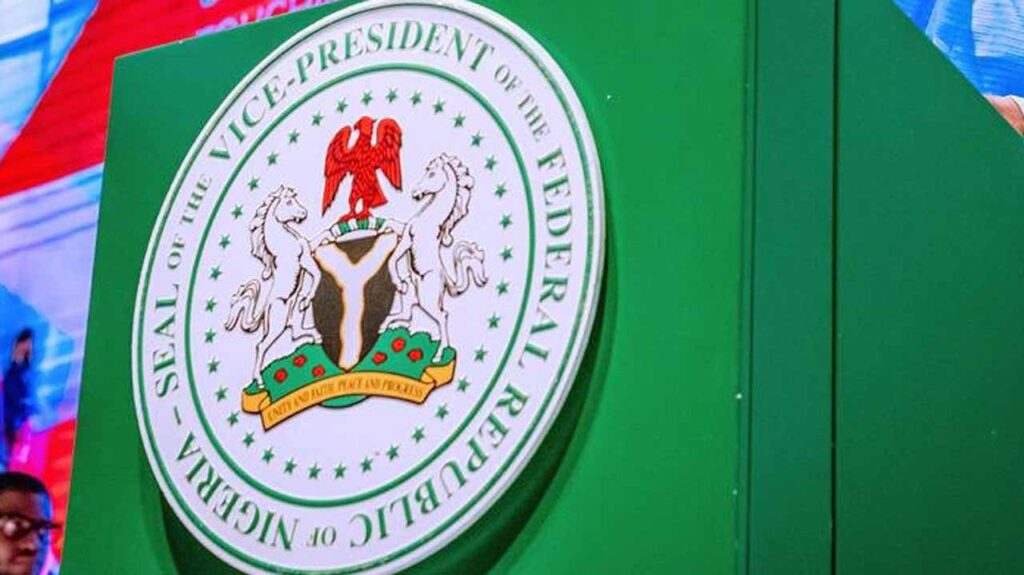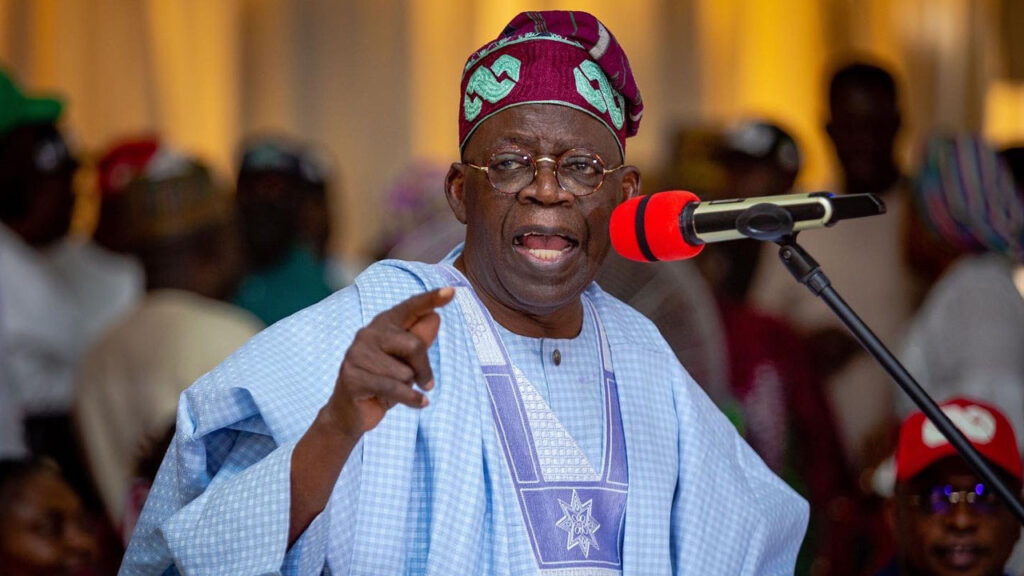We are examining Professor Godwin Sogolo’s thoughts by yielding the column to him presently. Sogolo is a National Open University of Nigeria’s Professor Emeritus; an accomplished regular reader of the column, a former editorial board member of the Guardian where he also was a columnist.
The thoughts we are presenting are from the keynote address he delivered at the First International Conference of the Faculty of Arts 13-17 May, 2024 on the subject of “The Humanities in the Fourth Industrial Revolution.’’
The theme of today’s Conference is the place of the humanities in the 4th Industrial Revolution. And what I intend to do in this Keynote address is to examine the subject from the perspectives of philosophy, my own discipline, under the rubric of the humanities. The discussion looks into the intricate relationship between the moral values of a society and its capacity to attain full potentials, with particular reference to Nigeria. It starts with a brief analysis of morality as a universal phenomenon, the values of which are inculcated in the individual by parental upbringing and then transmitted from generation to generation through education, formal and informal, as well as other processes of socialisation.
It, then, examines some of the factors that cause moral disruptions and argues that failure in governance and other political lapses, in Nigeria, are products of moral retrogression. The discussion concludes by recommending moral education and behavioural re-orientation as the path to follow, if Nigeria is to be an active partaker and beneficiary of the 4th Industrial Revolution(4IR). I am particularly interested in establishing the fact that every system has two components: (1) the structure and (2) the operators of the structure. The human invention, called “Industrial Revolution”, comes in structures the success of which requires human beings with an appropriate set of values.
Conceptual clarifications
The key concepts and notions in this discussion are ‘Moral Values’, ‘Humanities and Arts’, ‘Social Change’ and ‘Industrial Revolution’. Each of these ideas requires some clarification. Moral values are the principles that guide human social relations – relations among individuals, groups, or even between humans and non-human entities – in varieties commonly classified into the political, economic, spiritual and aesthetic values. The terms, “Arts” and “Humanities” may be used interchangeably to refer to disciplines that “study and interpret various aspects of human experience through words or non-verbal forms of expressions”. There are, however, slight differences between the concept of arts and that of humanities.
Strictly speaking, the arts are concerned with the intellectual creation of ideas, either through performance or the physical production of works while the humanities have to do with research and critical analysis. In their specific usage, the arts are narrower in connotation and refer to the creative disciplines of the visual arts, performing arts, literary arts, etc. The humanities, on the other hand, are broader in conception and they encompass the entire gamut of academic disciplines such as archeology, anthropology, history, philosophy, religious studies, the performing arts, visual arts and literary arts.
The idea of ‘Social Change’, as used in this discussion, refers to developments that flow from the epochal events, historically called Industrial Revolutions, caused by human inventions. A “Revolution” is a category of change, but one of a monumental scale; with substantial impact on the people and institutions. It may be sudden or gradual. In human history, there have been four such Revolutions: the 1st Industrial Revolution (1760–1840) was marked by the transition from agrarian to industrial economies; the 2nd Industrial Revolution (1870–1914) was characterised by advancements in industrial production, and the 3rd Industrial Revolution (1960–date) is called the era of digitisation and rise of Information Communication Technology (ICT). And, the 4th Industrial Revolution (4IR) – already in the making – commenced from the late 20th Century. This emerging Revolution is marked by the fusion of digital, biological and physical technologies, including Artificial Intelligence (AI), robotics, gene editing, etc., anchored on what is today, referred to as knowledge economies.
Do the humanities humanise?
The premise, on which this discussion rests, is that progress in Africa has been stunted due, mainly, to value deficit and lack of political will by African leaders to tap into the reservoir of available knowledge and expertise. We in the humanities are interested in the study of human values for the development of mankind and society. The question, which my colleague and friend at the University of Ibadan, Emeritus Professor Femi Osofisan, asked as far back as 1981, in a Faculty of Arts Lecture, was whether the humanities truly humanise, and the extent to which our Leaders have taken advantage of the humanities disciplines in fostering progress in our society. Osofisan’s answer, which was elaborated by the late Pius Adebola Adesanmi, one of the most brilliant and resourceful Nigerians, who, sadly, lost his life in March 2019 in an Ethiopian Airline crash.
May his soul continue to rest in peace. The late Adesanmi believed strongly that the humanities play a pivotal role in tackling the challenges of development in Africa, especially Nigeria. For him, the failure of African nations to develop at par with their counterparts elsewhere in the world is attributable to their inability to evolve a system of morality that nourishes modern social and democratic institutions.
According to Adesanmi, “Western civilisation, the Renaissance and Enlightenment and all the features of modernity, science and technology, were the products of hundreds of years of speculations in the humanities, philosophical reflections and critical thought”. Adesanmi was referring to the historical role of the humanities in preparing the individual to adapt to social change. He was right: during the Industrial Revolutions of the 18th, 19th and 20th Centuries, the humanities provided critical perspectives on the socio-cultural and ethical implications of industrialisation. Not only did they reflect on the impact of technological advancements on society, they inspired discussions on labour conditions, urbanisation and the human experience. More important, the humanities fostered creativity and innovation by encouraging interdisciplinary thinking that gives meaning to scientific and technological developments.
Moral values and social change
Moral values are the principles and standards that guide our behaviour and shape our understanding of right and wrong. They are the ethical foundations that define how we treat ourselves, others, and the world around us. Moral values are shaped by cultural, religious, and philosophical influences, and they play a critical role in driving social change.
Throughout history, moral values have been at the forefront of social movements that have transformed societies. The abolitionist movement, the civil rights movement, and the women’s suffrage movement were all driven by a deep sense of moral conviction and a desire to challenge the status quo. These movements challenged existing power structures and inequalities, and they did so by appealing to our shared sense of what is right and just. At the heart of moral values is the belief that all human beings deserve to be treated with dignity and respect, regardless of their race, gender, or social status.
This belief has been the driving force behind many of the social changes that have occurred over the past centuries. The abolition of slavery, the extension of voting rights to women and minorities, the recognition of LGBTQ+ rights are all examples of how moral values have shaped social change.
When people recognise that certain groups are being treated unfairly or denied basic rights, they are often motivated to take action to address these injustices. This can take the form of political activism, social movement or even legal challenges. The abolition of the slave trade, the capitulating of empires to self -determination, the political empowerment of women, the grant of equal rights to blacks in the United States of America, etc., are some of the instances in which values have led to social change in the last century
In more recent years, we have seen moral values play a significant role in driving social change on issues such as LGBTQ+ rights, environmental protection, and economic inequality. The LGBTQ+ rights movement, for example, has been driven by the belief that all people, regardless of their sexual orientation or gender identity, deserve to be treated with dignity and respect. This moral conviction has led to the legalisation of same-sex marriage in many countries and the recognition of LGBTQ+ rights in various areas of legal mind society.
Similarly, the environmental movement is driven by the moral belief that we have a responsibility to protect the natural world and preserve it for future generations. This moral conviction has led to the creation of environmental laws and regulations, as well as the development of sustainable technologies and practices.
To be continued.
Afejuku can be reached via 08055213059.

